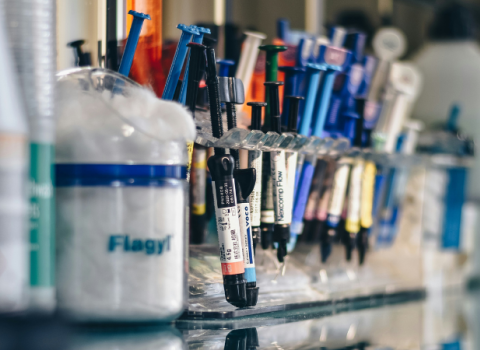Grant
The UK company Biocompatibles International has been awarded a €6.2 million grant for the development of its CellBeads drug delivery technology in the treatment of cardiovascular diseases by the BioMedical Materials programme (BMM), a public-private partnership subsidised by the Dutch government.
The project was one of seven selected by BMM’s joint international scientific advisory Board. The grant will support a collaboration between the four partners, the Molecular Cardiology Laboratory at the Erasmus Medical Centre, Rotterdam; the University Medical Centre, Utrecht; CellMed, the Biocompatibles’ subsidiary which developed CellBeads; and Biocompatibles UK, which designed the cardiovascular programmes.
The four will now go ahead with preclinical development of CellBeads in both acute myocardial infarction (heart attack), and congestive heart failure, to determine optimal dose and optimal technique of bead delivery; long-term cell viability; safety; bead distribution measured by imaging; and evaluation of additional cardioprotective therapeutic proteins. The project should advance the technology to the point that the first clinical trials can commence.
The principal investigator for the CellBead project, Henricus Duckers of the Erasmus Medical Centre, said, “The use of the CellBeads technology has great potential for the treatment of patients suffering from an acute myocardial infarction or congestive heart failure, due to the expression of potent cardioprotective factors over a sustained period of time. The administration of the CellBeads, as an off-the-shelf product, immediately following a [heart attack] and the retention of significant numbers of encapsulated stem cells in the infarct zone, offers a practical treatment regime not currently available from other technologies.”
Early work has already demonstrated the technical feasibility of the approach and the improvement in cardiac performance that is possible.
This grant builds upon the award of a UK Medical Research Council grant within the Cardiovascular Biology Group at Manchester University and UK Technology Strategy Board funding at the Bristol Heart Institute, both aimed at evaluating CellBead technology in cardiovascular applications.





 A unique international forum for public research organisations and companies to connect their external engagement with strategic interests around their R&D system.
A unique international forum for public research organisations and companies to connect their external engagement with strategic interests around their R&D system.